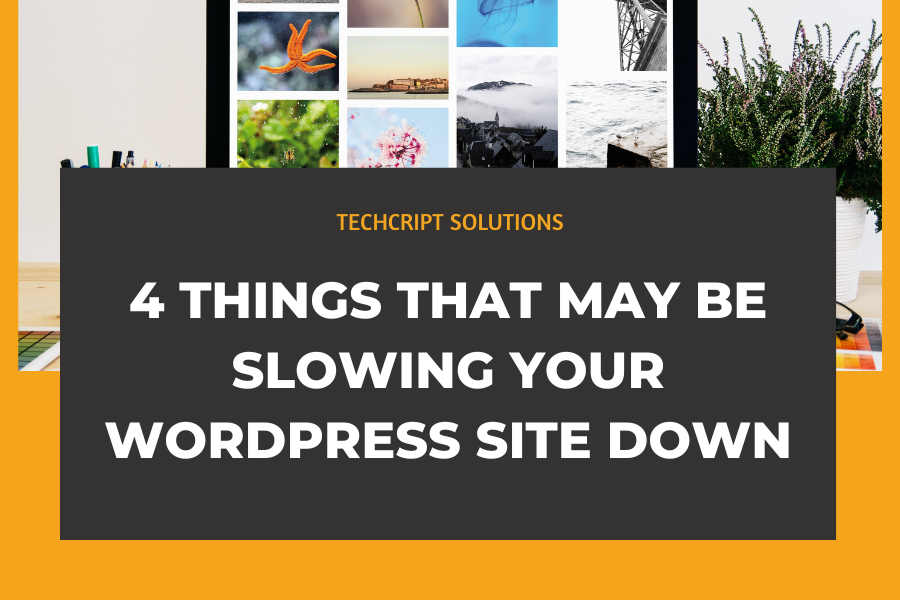4 Things That May Be Slowing Your WordPress Site Down
WordPress is a free, beginner-friendly CMS, but it’s also powerful enough to support high-level business sites when configured and maintained properly. If your site is underperforming, don’t blame the platform; there are likely other factors at play.
To enhance your site’s speed, you first need to identify the causes of the slowdown. Once pinpointed, you can address these issues. Here are four common culprits that may be slowing down your WordPress site:
Database Clutter
Every change on your WordPress site leaves a mark, leading to a bloated database that can slow down performance when accessing data tables. It’s like waiting for a massive database to open just to retrieve a single piece of information. To resolve this, clear out the clutter. While manual cleanup is possible, using a database-cleaning plugin is much more efficient. Set it up, let it run, and you should see an improvement in performance.
Large Images
Visuals are crucial for your website, but oversized, poorly-optimized images can significantly slow it down. Many site owners use large, high-resolution images thinking bigger is better, but this can be counterproductive. Each page has a purpose: the home page provides an overview, the “About Us” page promotes your brand, the “Contact Us” page builds trust, and the product or service pages drive conversions. Optimize your images for size and quality to enhance page load times.
Excessive Plugins
Plugins are valuable tools for WordPress sites, but having too many can cause issues. Multiple plugins might compete for the same data, or simply having too many can slow down the site. Review your plugin list: are there any you don’t need, rarely use, or have forgotten about? Disable and delete plugins that are unnecessary to streamline performance.
Weak Hosting
Even with all other factors optimized, a slow web host can still drag down your WordPress site. Many site owners try to save money with the cheapest hosting options, but this often results in poor performance and limited uptime. If you’re not satisfied with your hosting, consider migrating to a better provider or upgrading to a higher performance tier. If performance issues persist despite these measures, consult your host for potential solutions.
WordPress can run efficiently and quickly with proper care. If your site isn’t performing as expected, don’t settle for subpar speed—take action to enhance its performance.

